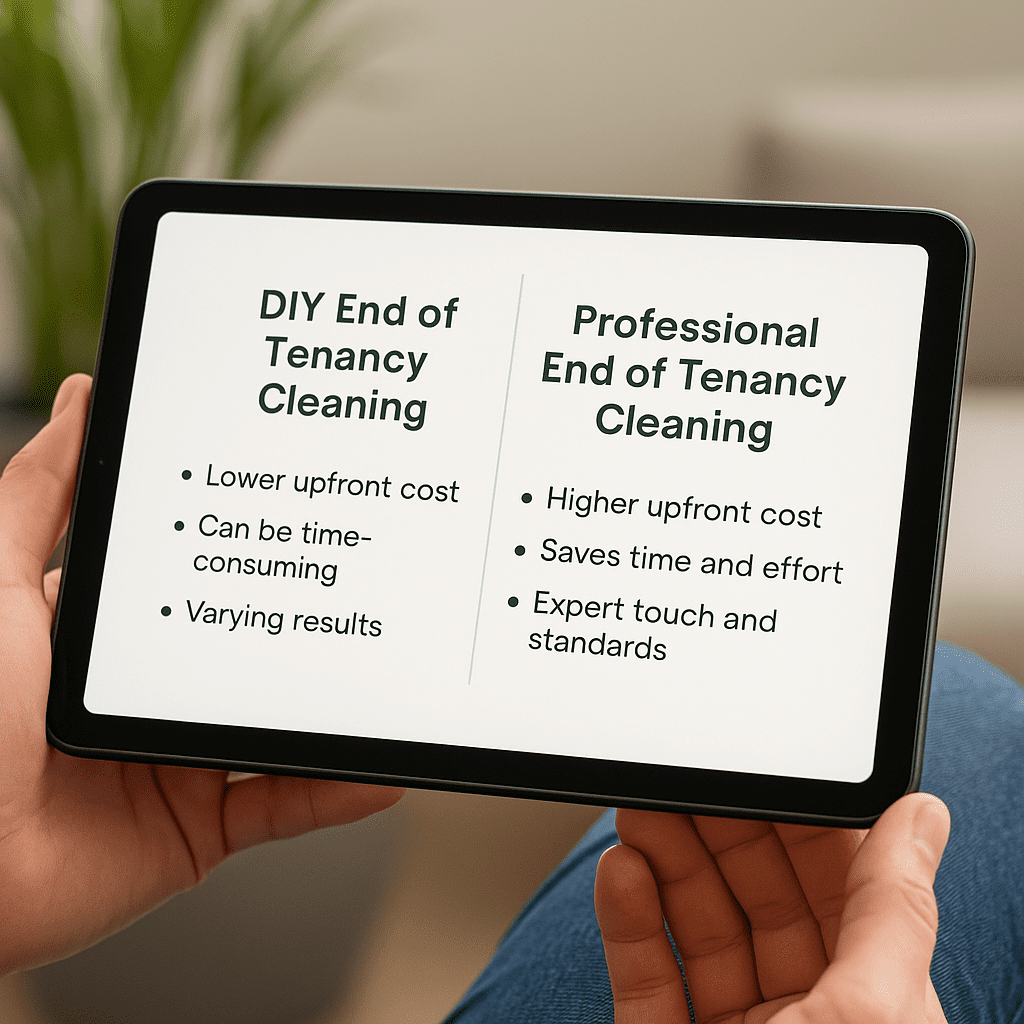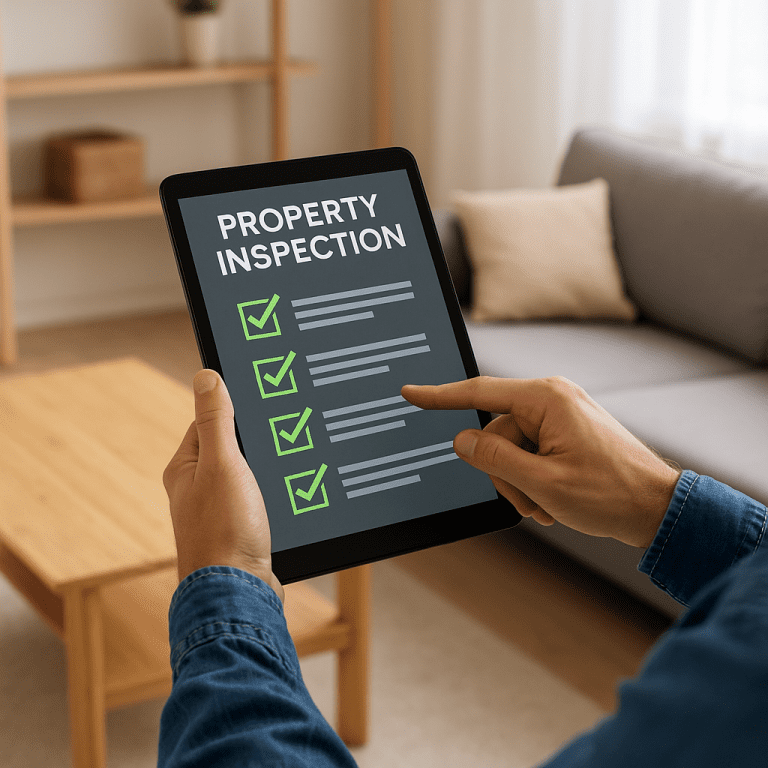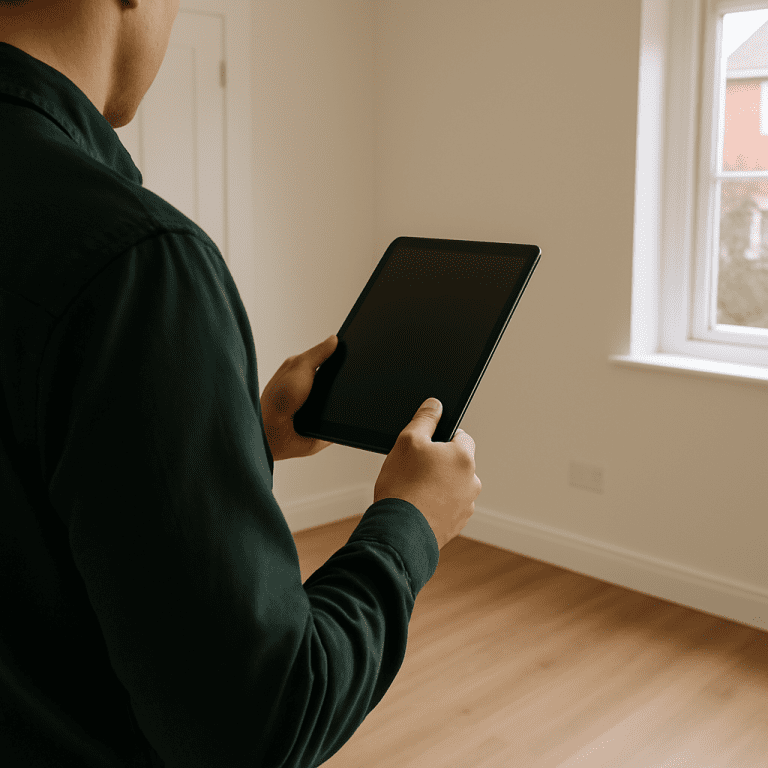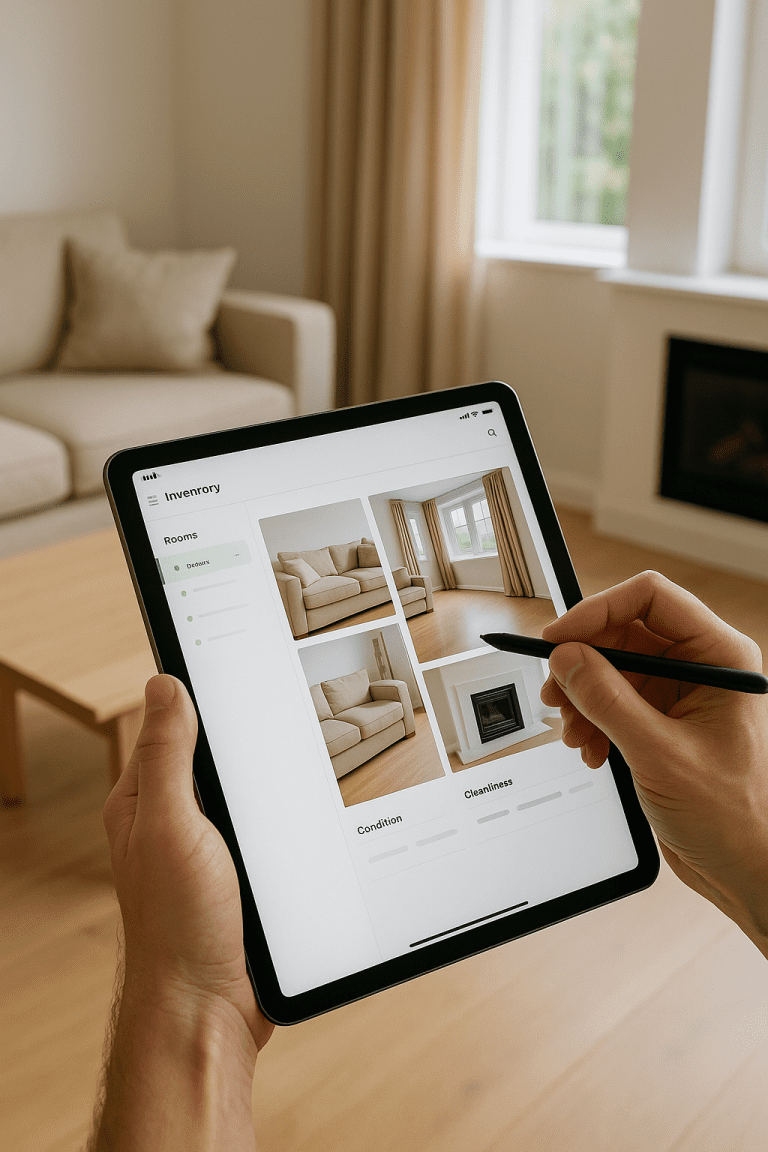DIY vs. Professional End of Tenancy Cleaning: What’s Worth It?
DIY vs. Professional End of Tenancy Cleaning: What’s Worth It?
As a tenancy draws to a close, both landlords and tenants must ensure the property is returned in a clean and lettable condition. The key question is: should tenants clean the property themselves, or hire professionals? Let’s explore the pros and cons of each approach, and help you decide what’s truly worth it.
What Is End of Tenancy Cleaning?
End of tenancy cleaning is a deep, thorough clean of a rented property before new tenants move in. It typically includes cleaning all rooms, appliances, fixtures, windows, and floors to a professional standard. It’s often a clause in the tenancy agreement — especially if the property was professionally cleaned at the start of the tenancy.
DIY Cleaning: Pros and Cons
DIY cleaning can seem like a cost-saving option, but it has its challenges.
- ✅ Pros: Saves money, flexible timing, and you’re in control.
- ❌ Cons: Time-consuming, easy to overlook areas, may fall short of professional standards.
If your landlord or letting agent deems the cleaning insufficient, you could face deductions from your deposit. And re-cleaning after checkout is rarely possible.
Professional Cleaning: Pros and Cons
Hiring professionals ensures the job is done to a recognised inventory standard.
- ✅ Pros: Inventory-compliant cleaning, includes all hard-to-reach areas, faster turnaround, insured service, and provides invoices or guarantees for proof.
- ❌ Cons: Higher upfront cost, booking availability might vary.
Most reputable cleaning companies offer tailored end of tenancy cleaning packages. At estateServices, we provide full compliance with inventory expectations and same-day reporting if required.
What Do Inventory Clerks Look For?
Inventory clerks assess the condition of the property during check-out inspections. Commonly missed cleaning issues that lead to deposit deductions include:
- Greasy extractor fans and hobs
- Stained carpets and skirting boards
- Soap scum and limescale in bathrooms
- Internal windows left dirty
- Inside drawers and cupboards not wiped
Real Costs of DIY vs. Professional
Let’s compare average costs for a 2-bedroom flat:
- DIY: £90–£140in cleaning products + 6–8 hours of labour
- Professional: £270–£480 depending on size and extras (e.g. carpet shampoo, oven clean)
Remember, poor DIY cleaning could lead to deposit deductions far higher than the cost of professional cleaning.
When DIY Might Work
DIY cleaning may be sufficient if:
- You have cleaning experience or are particularly meticulous
- The property is already well maintained
- The tenancy agreement doesn’t require professional cleaning
When to Call the Pros
You should strongly consider professional cleaning if:
- Your tenancy agreement specifies it
- You’re short on time or energy before moving
- The property is large or includes hard-to-clean items (like ovens or carpets)
Final Thoughts
End of tenancy cleaning isn’t just about tidiness — it’s about meeting expectations, protecting your deposit, and ensuring a smooth transition for the next tenant. While DIY may work in some cases, professional cleaning offers assurance, efficiency, and peace of mind.
Need help? estateServices provides fast, insured end of tenancy cleans across Surrey, Berkshire & Hampshire. Book online or contact us for a quote.







